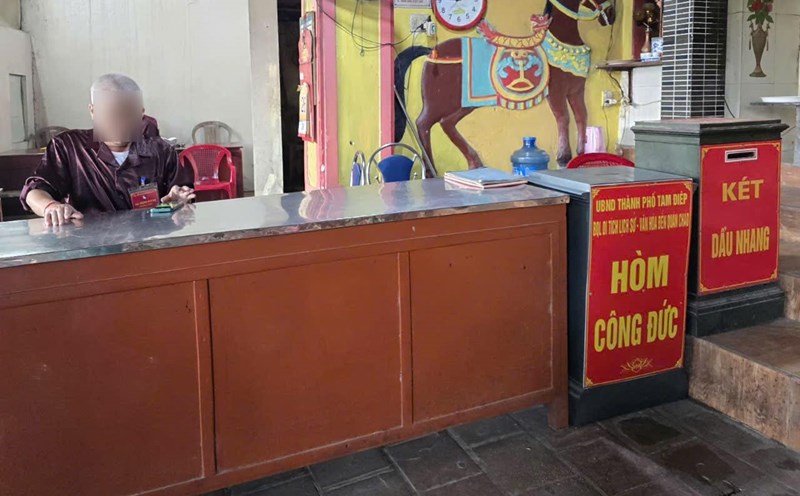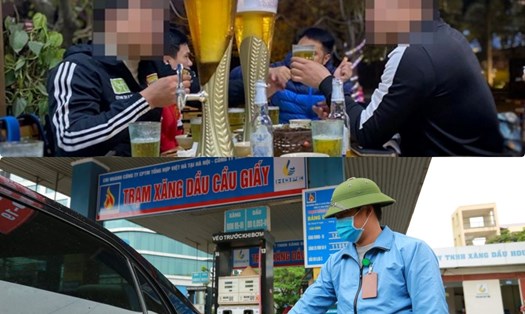The inevitable cannot be postponed
The draft Law on Special Consumption Tax (amended) is being widely consulted by the Ministry of Finance and will be discussed by the National Assembly at its 8th Session (October 2024) and approved at its 9th Session (May 2025). . There are many notable new features that have a great impact on the beverage industry in general and alcoholic beverages in particular.
At the seminar "Ensuring sustainable benefits when amending the Law on Special Consumption Tax on Alcoholic Beverages", Prof. Dr. Hoang Van Cuong - Member of the National Assembly Finance and Budget Committee - once emphasized on This tax needs to be promulgated, which cannot be delayed. When presented to National Assembly deputies, there must be sufficient grounds and convincing grounds for the policy to be adopted. Therefore, it is necessary to delineate the markets as well as the impacts on those market segments such as methods or roadmaps.
According to observations about taxes in many countries, Ms. Dinh Thi Quynh Van - Chairwoman of PwC Vietnam - believes that the effects of beer and wine on health are different and should not be combined. Because wine has a higher alcohol concentration, while beer has an alcohol concentration of only about 5%, some types have more than a dozen degrees. Furthermore, consumer behavior with beer and wine is also very different.
"Most countries in the world tax drinks based on alcohol content when clearly recognizing the harmful effects on health. That is, the higher the alcohol content of beer and wine, the higher the tax will be. In today's economy, beer products with low alcohol content and less harmful to health have high prices, so sometimes you will have to pay more tax than products with higher alcohol content.
Currently, the Law on Prevention and Control of Harmful Effects of Alcohol and Beer regulates beer products according to different alcohol concentration levels (under 5.5 degrees, from 5.5 to under 15 degrees and over 15 degrees). When considering alcohol concentration as a harmful factor and tax policy is one of the effective tools to adjust consumer behavior, direct the use of high quality products with low alcohol content to avoid harmful effects. "On health, many opinions suggest a relative tax based on the alcohol content of beer products, instead of a flat rate as before (65%)" - Ms. Van proposed.
Dr. Nguyen Quoc Viet - Deputy Director of the Institute of Economics and Policy (VEPR) - affirmed that in order for a tax policy in general and special consumption tax in particular to come to life and achieve the expected effects and goals, then the unity and harmony of relevant parties, especially including consumers and manufacturers, is extremely important. Because otherwise, there may be transfer pricing or input price changes to avoid taxes and not affect consumer behavior.
It is necessary to evaluate the impact with specific numbers and convincing evidence
According to Prof. Dr. Hoang Van Cuong, the use of special consumption tax tools on alcoholic products is aimed at changing behavior. And behavior change that is simply due to the impact of price on taxes does not change much because it is an inelastic product. So along with that, there needs to be communication and propaganda. How can each tax change impact the media, awareness, and consumers?
He stated: "It is necessary to ensure harmonization of benefits for consumers to have better consumption behavior, and also for manufacturers' behavior to have better quality, more rigorous, and safer. Tax tools will help manufacturers choose that change. Special consumption tax is not the main goal of increasing budget revenue, but changing tax policy cannot reduce budget revenue Impact assessment with specific numbers and convincing evidence will make it easier for the National Assembly to pass it."











